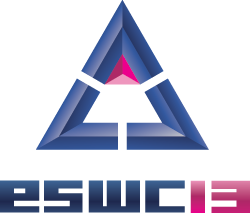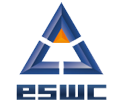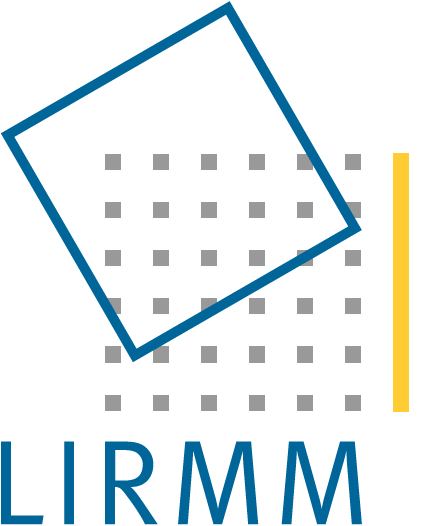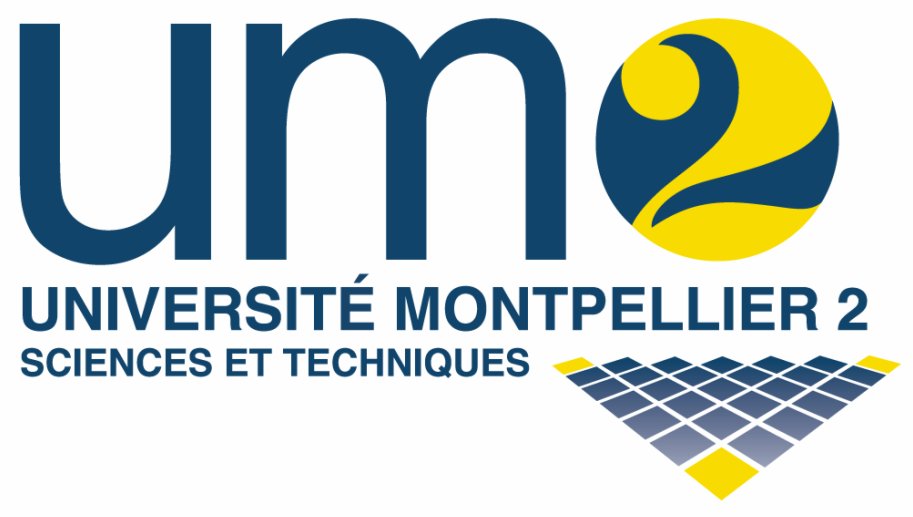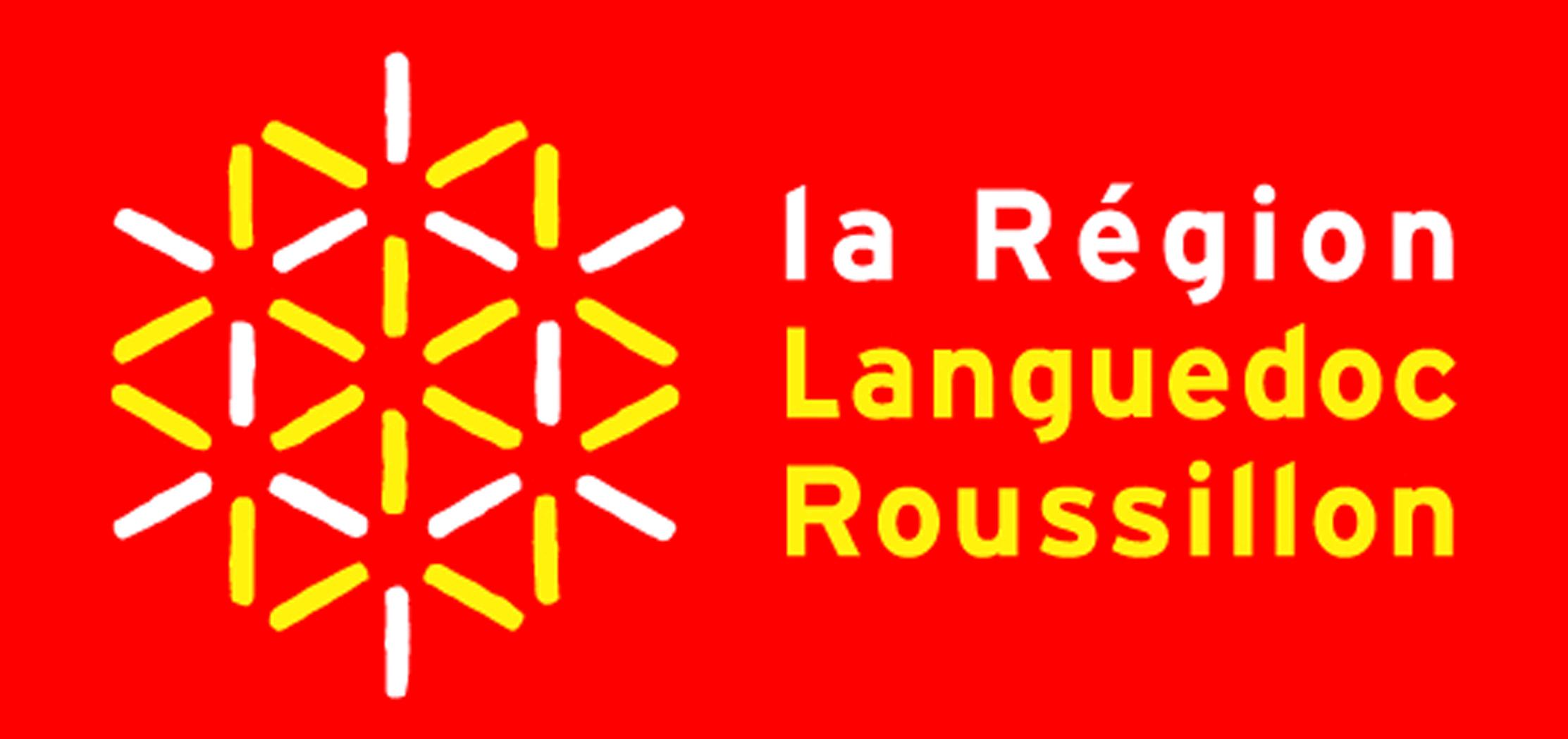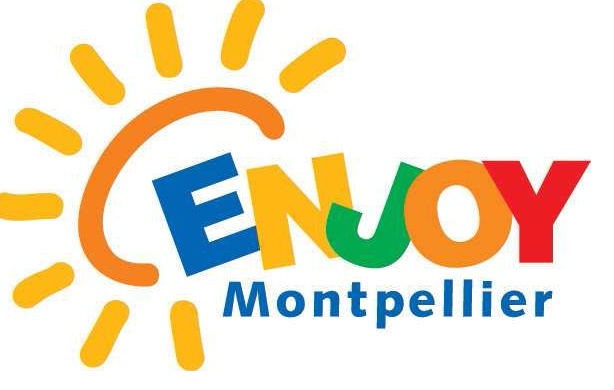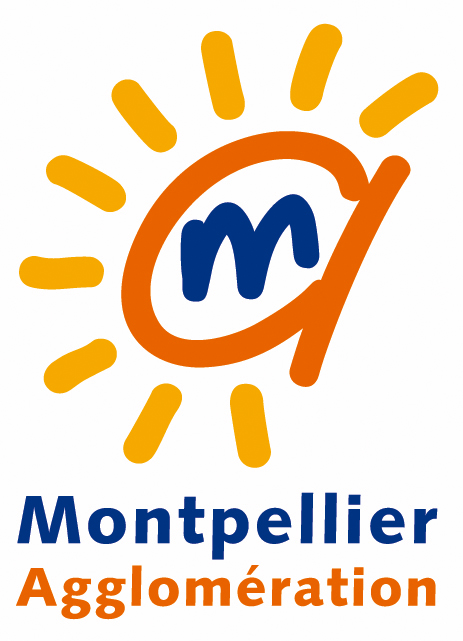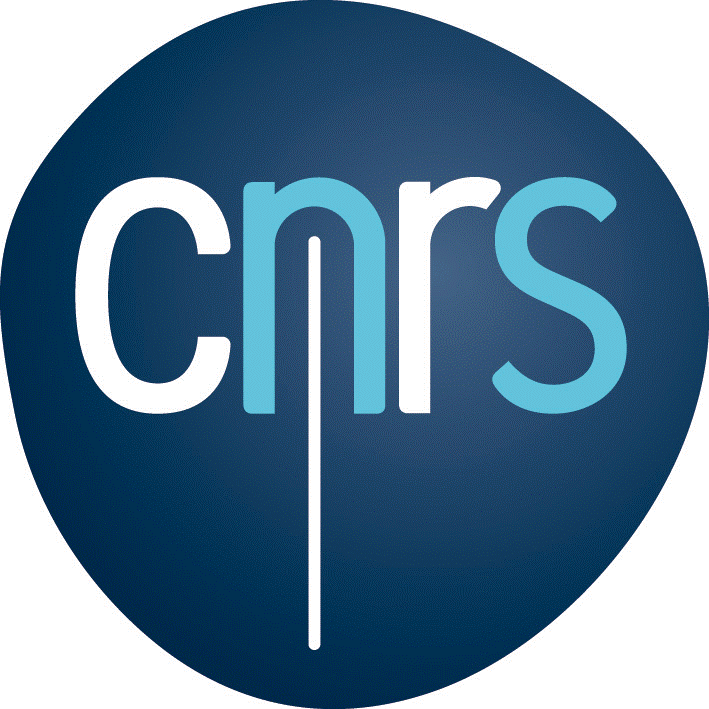Call for Tutorials
ESWC 2013 invites tutorials that address the interests of its varied audience: people new to the Semantic Web, Semantic Web researchers and practitioners that wish to learn new technologies, users of Semantic Web technologies, and representatives of government and funding agencies as well as potential private investors in Semantic Web technologies. We welcome submissions of tutorial proposals on all major topics related to semantic technologies.
We especially solicit proposals for tutorials of the following types:
- Tutorials with a coherent theme providing an introduction to new semantic technologies and trends.
- Tutorials describing the application of semantic technologies in specific domains (e.g., life-sciences, e-government, e-commerce etc.).
- Tutorials presenting techniques from other research fields that are of relevance for Semantic Web research especially in relationship to the tracks of the conference (e.g., techniques from social science, database techniques, NLP techniques etc.).
Tutorials can be half a day or a full day.
We advise having more than one presenter and no more than three, preferably from different institutions, bringing different perspectives to the workshop topic.
Tutorials may focus entirely on theoretical aspects; however, we encourage organisers to incorporate hands-on sessions where appropriate. The tutorials should reach a good balance between the topic coverage and its relevance to the community.
Timeline for Tutorials
Proposals due: Nov 23, 2012 - 23:59 Hawaii Time
Notification of acceptance: Dec 7, 2012 - 23:59 Hawaii Time
Tutorial Web site due: Dec 17, 2012 - 23:59 Hawaii Time
Camera-ready material due: Apr 29, 2013 - 23:59 Hawaii Time
Tutorial days: May 26 and May 27, 2013
Responsibilities
Organizers of accepted tutorials are responsible for preparing and maintaining a Web site that describes the tutorial and includes all relevant information. Organizers are also responsible for submitting the material to be given to attendees (slide sets, additional teaching material, software installation and usage guides for practical hands-on sessions, etc.) to the Tutorial Chair. The ESWC 2013 Organizing Committee is responsible for providing publicity for the tutorials as part of the conference publicity activities, and on-site logistical support to the organizers and attendees.
General Information
Organizers of workshops and tutorials will get a free registration for workshop and tutorials, i.e. they will only have to pay the main conference fees. Further, each workshop or tutorial that attracts more than 15 registered participants (excluding the organizers) will get one full registration for the conference. This registration can be used for example to pay for an invited speaker.
Submission details
Tutorial proposals should not exceed 5 pages, using an 11 pt font for the body of the text of the proposal and should contain the following information:
- Abstract (200 words maximum, for inclusion on the ESWC 2013 website).
- Tutorial description: More specifically, it should specify the objectives of the tutorial and relevance to ESWC 2013, include enough details on the scope of the material to be covered and the depth to which it will be covered and specify the intended audience and any prerequisite knowledge. Appropriate references to the material to be covered by the tutorial must be included.
- Tutorial length. The tutorial can be full or half day (if the tutorial can be either length, please be sure to identify which material is included for each length).
- Specify other venues to which the tutorial or part thereof has or will be presented, in addition to explaining how the current tutorial differs from the other editions. Links to the slides of those tutorial editions should be included in the proposal.
- Brief professional biography of the presenter(s) indicating previous training and speaking experience (such as teaching and tutorial presentation).
Each proposal will be reviewed by the members of the tutorial programme committee, and ranked based on the overall quality of the proposal and the tutorial's fit to the conference. Their recommendation will determine the final decision on the acceptance/rejection of each proposal.
Submission
Submission will be through the Easychair system.
Programme Committee
Avi Bernstein
Carole Goble
Craig Knoblock
Marko Grobelnik
Pascal Hitzler
Sören Auer
Tom Heath
Tutorials Chair
Stefan Schlobach
